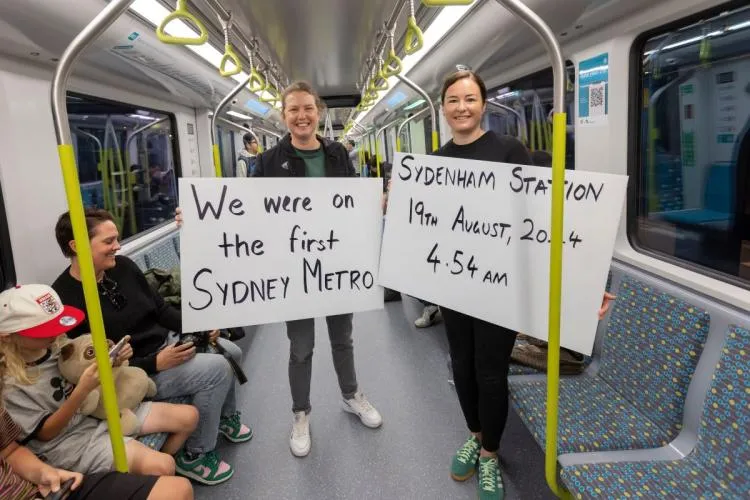Plans for an underground bus loop in Brisbane’s central business district (CBD) have been released at an estimated cost of US$2 billion, as the pre-feasibility report for the project has been completed.
The bus loop, part of Brisbane council’s pre-feasibility study into the Suburbs 2 City Buslink project, is intended to reduce traffic congestion and bus travel times by connecting existing bus stations with new stations underground.
September 23, 2013
Read time: 2 mins
Plans for an underground bus loop in Brisbane’s central business district (CBD) have been released at an estimated cost of US$2 billion, as the pre-feasibility report for the project has been completed.
The bus loop, part of Brisbane council’s pre-feasibility study into the Suburbs 2 City Buslink project, is intended to reduce traffic congestion and bus travel times by connecting existing bus stations with new stations underground.
Announcing the plans, Lord Mayor Graham Quirk, said: “A one-way, underground bus loop would take buses off city streets, give drivers a simple, congestion-free run around this end of the CBD and open up opportunities for new bus infrastructure like layover bays,” says Quirk.
“The CBD and adjacent suburbs will need to accommodate an additional 130,000 workers in the next 20 years and we need to improve public transport capacity to accommodate this growth by improving the network to reduce travel times.”
Quirk says the recent announcement the Queensland Government is investigating a Brisbane underground combined rail and bus tunnel was a tremendous opportunity to address the major congestion problems that face the city’s public transport systems.
The bus loop, part of Brisbane council’s pre-feasibility study into the Suburbs 2 City Buslink project, is intended to reduce traffic congestion and bus travel times by connecting existing bus stations with new stations underground.
Announcing the plans, Lord Mayor Graham Quirk, said: “A one-way, underground bus loop would take buses off city streets, give drivers a simple, congestion-free run around this end of the CBD and open up opportunities for new bus infrastructure like layover bays,” says Quirk.
“The CBD and adjacent suburbs will need to accommodate an additional 130,000 workers in the next 20 years and we need to improve public transport capacity to accommodate this growth by improving the network to reduce travel times.”
Quirk says the recent announcement the Queensland Government is investigating a Brisbane underground combined rail and bus tunnel was a tremendous opportunity to address the major congestion problems that face the city’s public transport systems.










